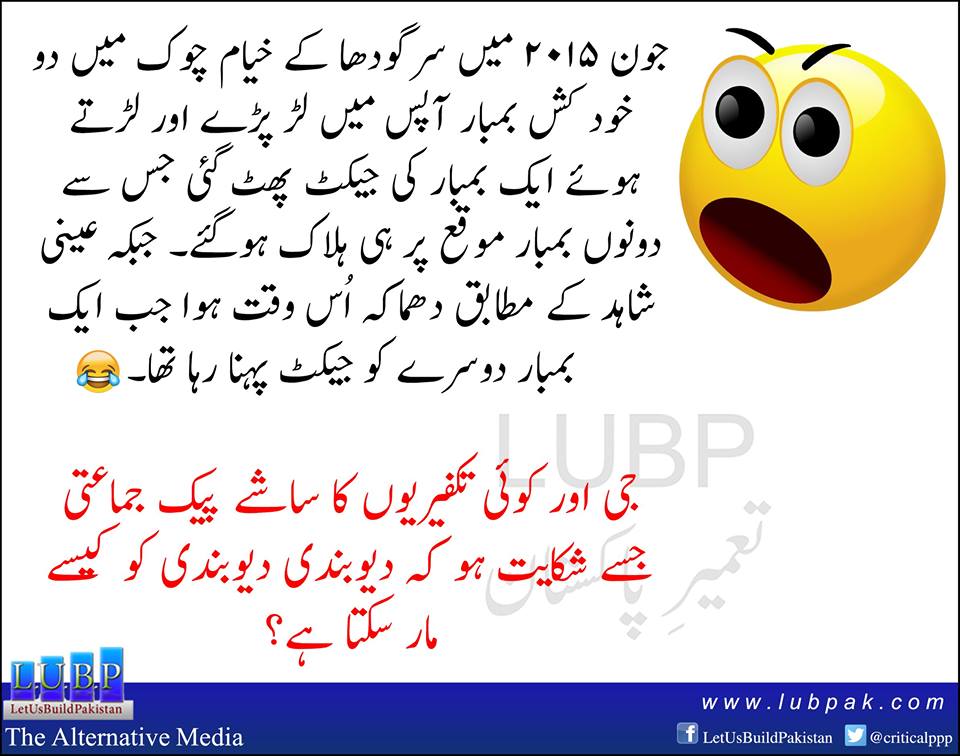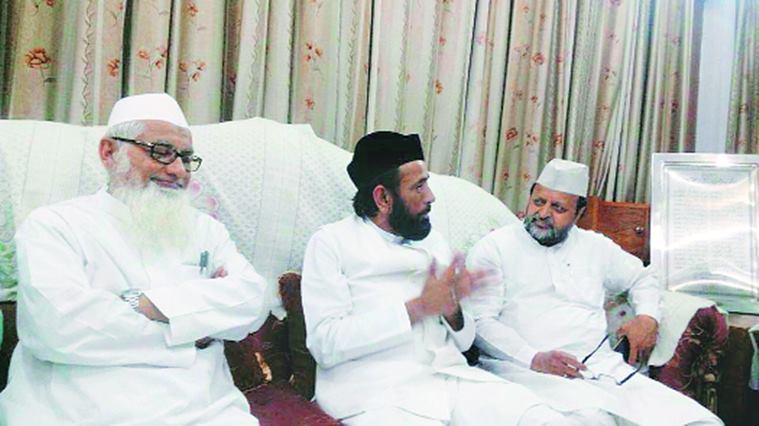How Barelvi can Save You Time, Stress, and Money.
Wiki Article
The Facts About Barelvi Revealed
Table of ContentsSome Known Details About Barelvi Not known Facts About BarelviGet This Report on BarelviBarelvi Fundamentals Explained
Radical Islamist teams in South Asia such as the Taliban are often identified as Wahhabis, belonging to the ascetic, puritanical kind of Islam institutionalized in Saudi Arabia. But while the connections in between the Wahhabis and the Taliban are limited, the latter actually come from a different branch of the faith.Sunni Islam is split into four orthodox institutions of regulation (Madhhabs), each of which is adhered to in distinctive components of the Muslim globe. A number of ceremonies and petition types additionally vary amongst the colleges. As the map over suggests, Wahhabism, based in Saudi Arabia, is related to Hanbali law, the most strict form of Islamic law.

" Sunni Muslims," Haqqani writes, have cast apart their aversion to Wahhabi groups, developing a large number of typical Sunnis who embrace Wahhabi political as well as jihadi concepts without necessarily surrendering their rites and also routines." As is usually noted, Saudi Arabian spiritual funding has helped break down the barriers between both sects.
Our Barelvi Ideas
Mapping the 4 common colleges of Sunni Islamic legislation is relatively easy, although the authors of the Wikipdia map posted above are worthy of commendation for doing a particularly great work. The distinctions that truly matter are not those of Madhhab, yet rather are discovered amongst much less official and a lot extra recent "motions" within Islamic idea and also method.The Deobandi movement is aligned with Wahhabism and also breakthroughs an equally rough, puritanical interpretation of Islam. The Barelvi motion, on the other hand, defends an extra traditional South Asian variation of the belief fixated the practices of Sufi necromancy. In India and also particularly Pakistan, tensions in between the two teams can be intense, in some cases bordering on open war.
As lately reported in the, "When the Taliban took control of Buner in April 2009, they first besieged Pir Baba's shrine. Taliban leader Fateh Khan claimed it was because the place was a hub of 'adultery as well as idolatry.'" Consequently, many Sufi temples are now heavily safeguarded by Pakistani protection forces.
One can, nonetheless, conveniently portray their location of beginning, as both movements are called for towns in north India: Deoband as well as Bareilli. Radical Deobandi groups are most very go to these guys closely linked with Pakistan and Afghanistan, the movement's intellectual as well as spiritual heart is still the Indian city of Deoband. Its Darul Uloom Deoband is understood to be the 2nd review largest madrasah (religious college) in the Sunni Muslim world, adhering to just Al-Ahzar in Cairo.
About Barelvi
Solid numbers are impossible to find, most experts keep that Barelvis considerably out-number Deobandis not just amongst Indian Muslims yet in Pakistan., "some 15 per cent of Pakistan's Sunni Muslims would consider themselves Deobandi, as well as some 60 per cent are in the Barelvi custom.Early Deobandi leaders were distressed by the accomplishment of British manifest destiny and also English-language education and learning, which they sought to combat by purifying their religious beliefs, stripping away magical methods and other technologies that they deemed in contrast to the confidence (Barelvi). One of the most hardline Deobandis involved regard Barelvis, along with Shiites, as non-Muslim opponents deserving of attack.
Deobandi reasoning is also typical to be nationalistic, concerning the community of the faithful, not the modern nation-state, as the proper Quranic political vehicle. The majority of Deobandi scholars rejected the partition of British India in 1947, liking to seek the spread of Islam in an undistracted India. The suggestion of Pakistan, additionally, was initially accepted by Muslim teams detested by the hardline Deobandis (Barelvi).
As a result, the Pakistani government increasingly diverted in the direction of the severe Deobandi activity. The connection, however, is a two-edged sword for see it here modern-day Pakistan, as the Deobandi faithful inevitably have contempt for nationwide identifications and borders.
Facts About Barelvi Revealed
Doubters link it to terrorist organizations; the Taliban, besides, got up of Deobandi madrasahs in northeastern Pakistan, as did a number of other violence-prone organizations. Shocking fatwas (spiritual judgments) do not aid its online reputation. In May 2010, a decree that females can not help incomes stunned mainstream Muslim point of view worldwide. (The referred to it as a "Talibanesque fatwa that reeked of tribal patriarchy.") A lot more embarrassing was the 2006 "fatwas for money" bribery rumor, which was disclosed by an Indian television sting procedure.

As Abedin creates: On the question of supposed Wahabism I place it to Madrassi that lots of doubters of the Deoband seminary claim that Deobandi beliefs are simply a small step away from full-blown Wahabism. In reaction the replacement Vice Chancellor makes a clear separation between the 2 colleges of idea, before adding that if we consider the Wahabis and also the Barelvis as 2 extremes, the Deobandis occupy the centre ground in that continuum.
Report this wiki page